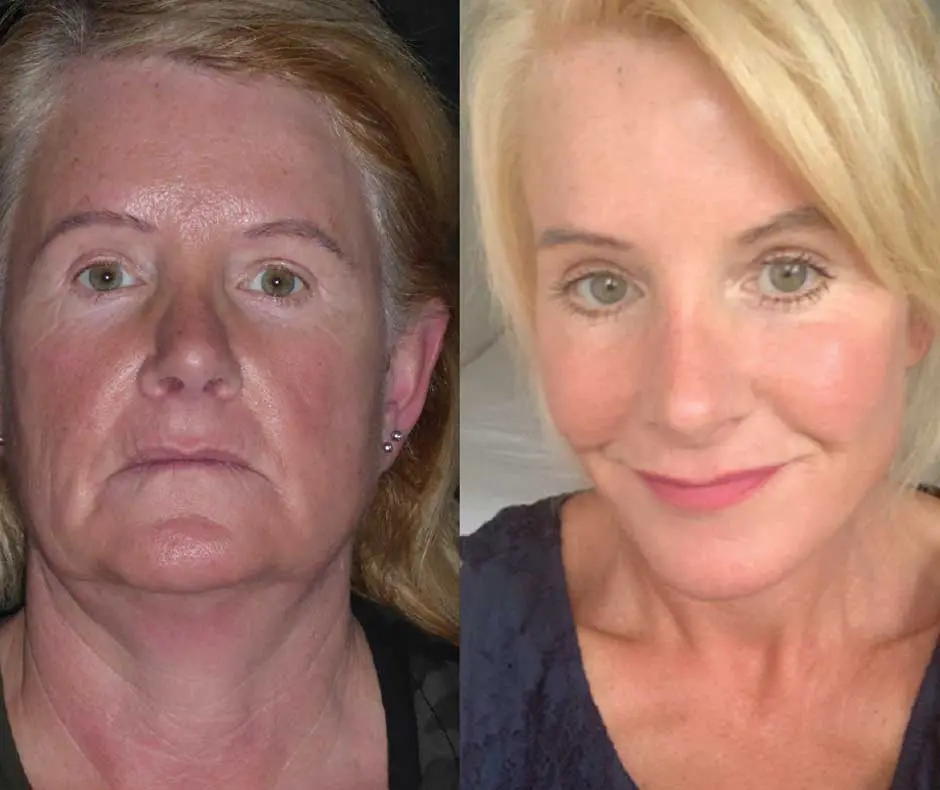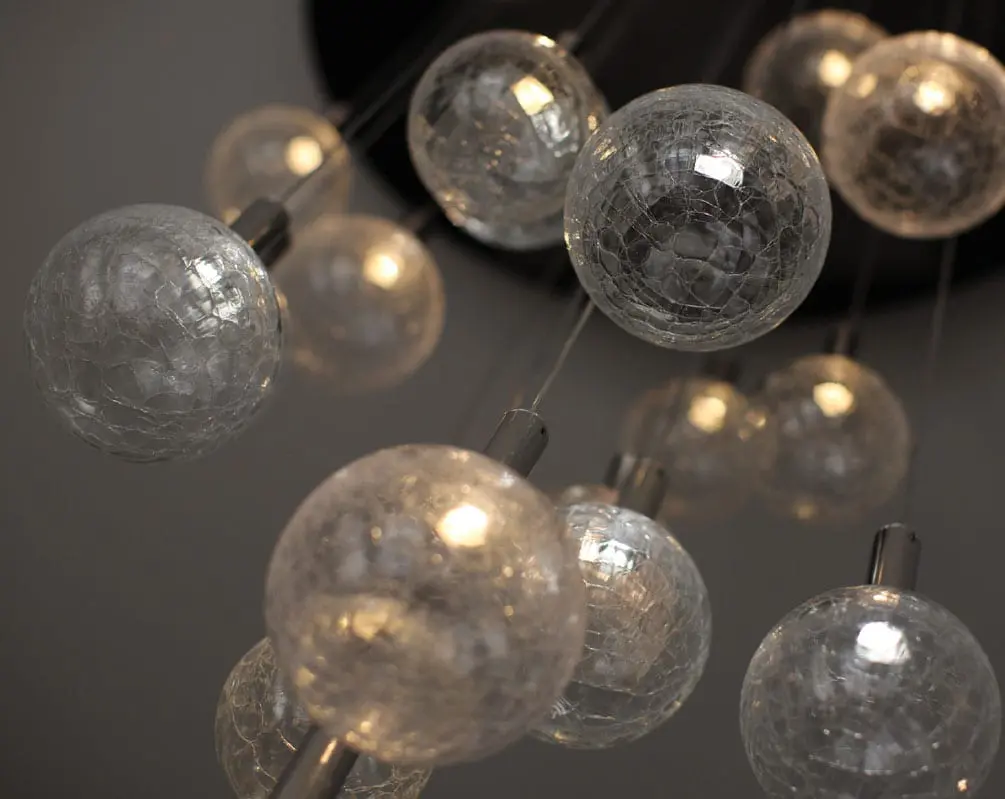The Psychology of
Facial Cosmetic Surgery
How we look has never been more important. Let’s face it, our faces define everyone of us. We face the day, put our face on, face our problems, put on a brave face or face the consequences if our face doesn’t fit.
Our faces define us individually and as a species: they open doors, they forge relationships and they express love. I have been fascinated by faces for 20 years. They are why I became a doctor, then a surgeon and finally a specialist facial surgeon. They are why paralysis of the face and it’s physical and psychosocial sequalae are my main research interest.
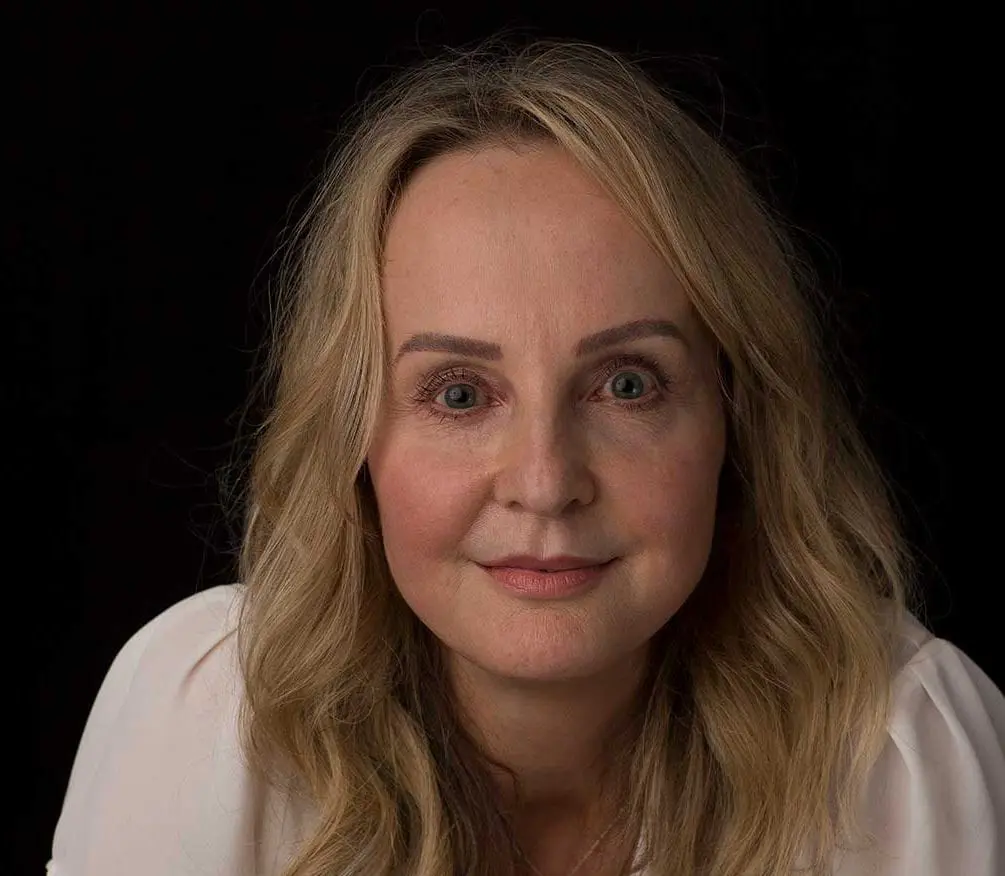
Our sophistication and reliance on this skill transcends the real world and now exists round the clock in virtual domain. Written word is not sufficient in this digital age, we upload profile pictures and avatars to face the world, literally putting our faces in front of an audience of billions at the click of a button. We have even developed emoticons (emotion-icons) to mimic our instant facial affect to a global audience. And where are these most prevalent? Facebook!
We’re all familiar with the smiley emoticon, and its power to add levity to our texts, chats, and emails. but according to research published this week in Social Neuroscience, our brains have started to take this evolution of punctuation one step further and actually respond as they would to real faces. Subjects in the study looked at faces crafted from colons and parentheses and researchers recorded the same facial recognition responses in the occipitotemporal parts of brain that take place when we gaze into the faces of other humans 1.
We recognise faces instinctively, and we are programmed to find faces that aren’t actually there (known as Pareidolia): the Man in the Moon, The Shroud of Turin and the cliff formations in the Colorado Rockies are perfect examples. It has been proven that babies recognise the midfacial features of their mothers within days and, more importantly, will mimic expressions to please. Our faces literally ensure our survival.
So why is this important? How does this relate to facial cosmetic surgery? Simply: when we elect to undergo facial surgery such as a facelift we are altering our most important asset. An asset like no other. Successful face lift surgery can have hugely beneficial outcomes (as outlined below) but if the result isn’t as desired, the outcome can be calamitous. We can’t hide our faces – we have to face the world.

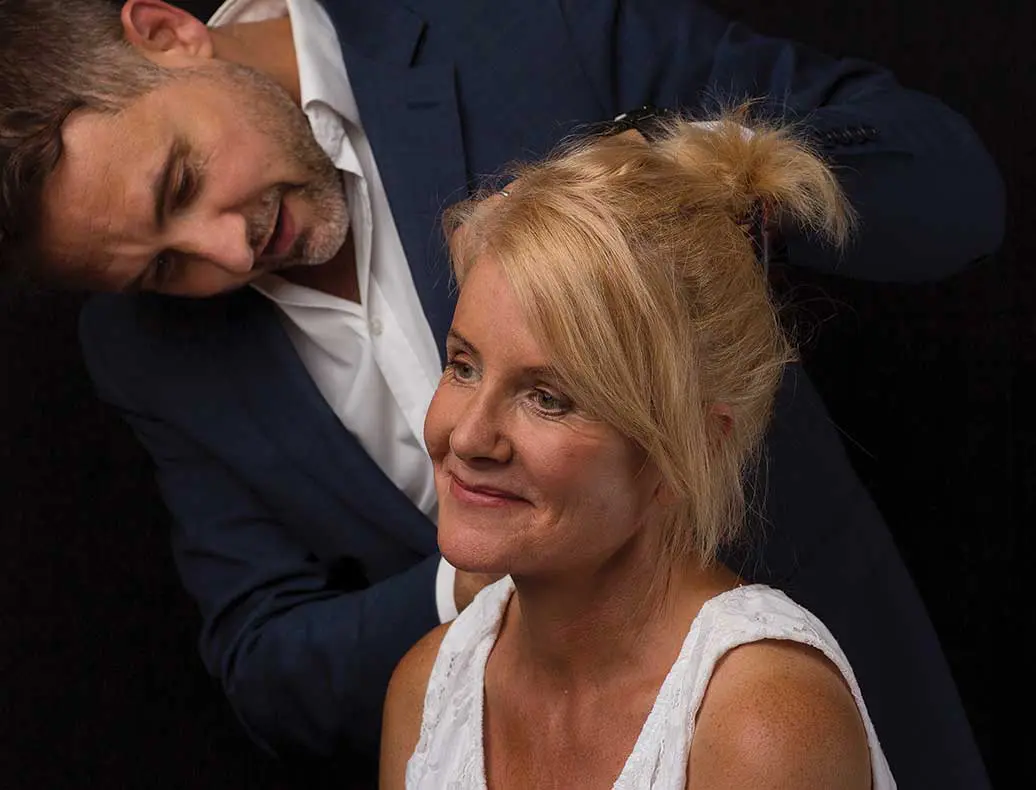
Reasons for Facelifting
It may seem like an odd thing for a full time facial plastic surgeon to do but when I started out I would tell all my patients at consultation that nobody ‘needs’ facial cosmetic surgery.
Unless a facial deformity is such that it affects function, and physical illness may result. My thinking on this has softened in recent months. I have seen such striking changes in the psychological and social wellbeing of my patients following facial rejuvenation that I will not be so black and white in future. Who am I to define need? The dramatic improvements in affect that coincide with facial rejuvenation are life enriching. This phenomenon lead me to look into the definition of health and my discovery was enlightening. The World Health Organisation defines health 2 as
a state of complete physical, mental and social well-being and not merely the absence of disease or infirmity.
It has not been considered necessary to alter this definition since 1948 when facial plastic surgery in the absence of physical disease was unheard of.
It could be reasonably argued therefore that the social manifestation and psychological impact of facial ageing are a form of ill health. It is being argued today in the European Courts. HMRC are keen to apply VAT to all cosmetic surgery – Should there be a tax on health?
Facelifting is not about vanity. Contrary to the clichéd media-fuelled stereotypical facelift patient, I have not treated one ‘desperate housewife’ in the last year. My patients’ are without exception, normal, level headed, kind people that are seeking a subtle and reasonable improvement. May be I am lucky! If I were to believe the media, my practice is extraordinary.

Social Wellbeing
The reality is humbling. I get to know my patients well and in the process I gently explore the reasons behind them seeking my help to affect a change.
Far from the cruel stereotype, the majority of my patients have ‘lost years’ for many reasons. None of them self inflicted and none of them irrational. The wordle image opposite summarises an overview of drivers behind facelifting.
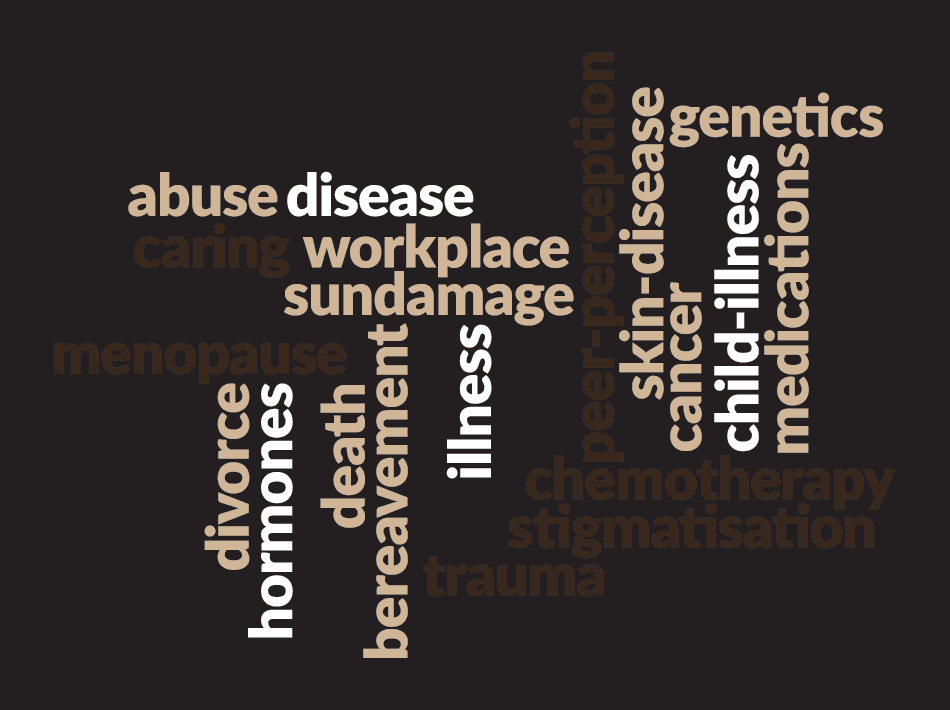
Addressing Stereotypes
Research shows that most patients consider facial cosmetic surgery for 4 years before arranging consultation with a surgeon. But what is the straw that breaks the camels back? What motivates THE email / phone call / letter to the plastic surgeon. This I refer to as the shop window effect. That glimpse of a person you don’t recognise staring back at you when you are not expecting it. Those defined facial features (remember how important they are?!) have now migrated south, the jawline hidden beneath jowls and a neck bathed in excess skin. The eyes have hollowed so much so that concerned friends and strangers comment on how tired you look… what changed? And when did it change? The answers again can be found in the wordle.
So is this ‘vanity’ wrong? In our Facebook world where assumptions are made about us in the blink of an eye. Well, unwell, old, young, happy, unhappy. Beauty (read success, happiness and health) is in the eye of the beholder. And in our world we are beholden to others by our facial appearance.
Our society reveres beauty and rewards it. It has been proven in various sociological studies that beautiful people earn more, achieve better grades, and are promoted quicker. It doesn’t end there, we are more likely to help a better looking person in need of assistance and we want to be around and associated with good looking people too. Psychologists call this the ‘Halo effect’.
Personal beauty is a better letter of recommendation than any letter of reference
Aristotle
I can’t define it, but I know it when it walks in to a room
Aaron Spelling
She gets her looks from her father, he is a plastic surgeon
Groucho Marx
Society itself is two faced. Whilst being told to ‘grow old gracefully’ and ‘beauty is only skin deep’ we are bombarded with imagery that elevates our benchmark of the facial aesthetic norm. Conflicting messages suggest that we should to let nature take its course whilst being indoctrinated by digitally enhanced, hair dyed, professionally made up images. Is it any wonder our perception of beauty has been intrinsically altered.
The internet video campaign by Dove below became a viral internet sensation a few years ago. A normal girl transformed beyond recognition into visual perfection with make up, lighting and digital alteration. So society sets our expectation through artificial imagery and aspirational advertising, but when those that seek to rejuvenate their own image openly, they are vilified for cheating. The mind boggles.
The EU cosmetic market was worth €67 Billion in 2011 and growing 3. We spend a lot of money putting our face on… but is this natural or graceful? the same media that would vilify cosmetic (surgery) on one page, endorses cosmetic make up on the next. There is no doubt female cosmetic make up is effective. Exploring this with my wife, she tells me that simple foundation and eye liner makes her feel confident, attractive and uplifted – extrapolating the WHO definition – it is good for her health.
The girl in the image opposite is before and after make up. She is beautiful on the left, but attractive on the right. Very different concepts but essential for our reproductive success. So what makes her more attractive on the right? Practically speaking she has applied foundation to symmetrise her complexion, eyeliner and mascara to enlarge her eyes, shadow to define her jawline and slim the nose and lipstick to create lip volume. What ties all of these effects together…. Oestrogen. Facial symmetry, large eyes, slimmer jawline, small nose and full lips are all oestrogenic or female traits. On the right she has maximised her perceived femininity and in pure evolutionary terms her assumed fertility which increases her chances of finding a mate.
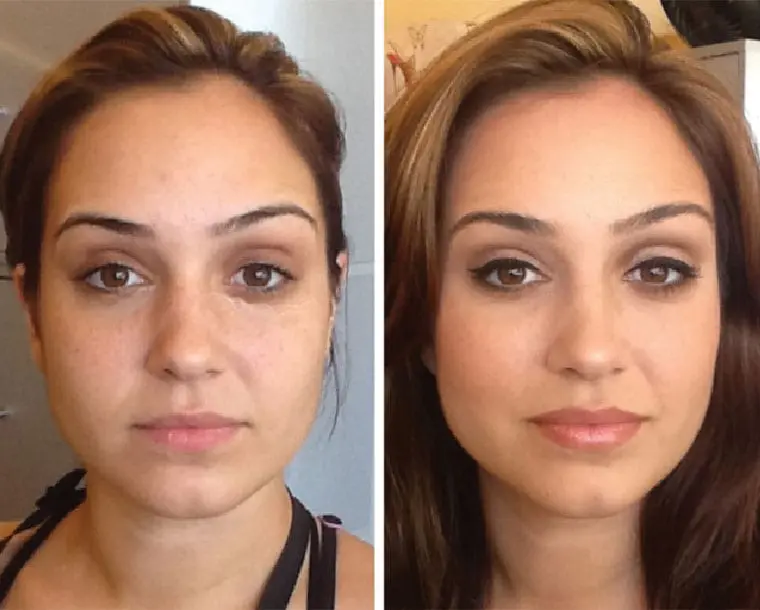

What the family say
No one would want a loved one to undergo surgery for any reason let alone when the surgery is not for cure of a physical illness. The difficulty explaining the desire to undergo facial cosmetic surgery to family is that it necessitates confiding personal dissatisfaction or unhappiness with oneself.
And none wants to do that! It seems selfish to put oneself at risk when our loved ones natural response will be “we love you the way you are”. This is where empathy and understanding from those around us is paramount. The vast majority of cosmetic surgery patients are not having surgery to please someone else, they are doing it for themselves.
Growing Grass
Everyday I consult women who are going through the menopause and have seen cruel and dramatic changes to their facial appearance. More often than not, their partner is not present as “he doesn’t understand”.
I think of this like growing grass. We live with our gardens everyday, we see them and enjoy them but we don’t noticing the grass growing. Then one day, the lawn needs a mow to look better again. This doesn’t happen overnight, the grass isn’t right one day and not the next. The process is insidious.
This analogy is apt for facial ageing. When we see our loved ones day in day out, their face is the face we love – we live with it and we don’t notice the changes. The perimenopause can take 3-5 years, if it happened overnight I am in no doubt that the psychosocial impact would be devastating. Facelift fees would be planned for in much the same way as school or university fees!
Almost without exception, the husbands and partners who have accompanied my patients to their follow ups say “I understand now”. We will never tell our partner that he or she needs facial plastic surgery, but living with a refreshed, rejuvenated and happy spouse makes us realise the grass is greener!

How patients feel psychologically and emotionally
Facial cosmetic surgery affects people in different ways. The vast majority of my facelift patients sail through their recovery and into a new chapter with the minimum of upheaval. This does however require dietary, physical and emotional preparation.
Nervousness is completely normal, I would find it a little odd if a patient wasn’t a little apprehensive about a facial plastic procedure, the media monster constantly shows botched surgery and overdone results. It makes good voyeurism, the majority of patients undergoing facial rejuvenation procedures look far too normal for sensationalist television!
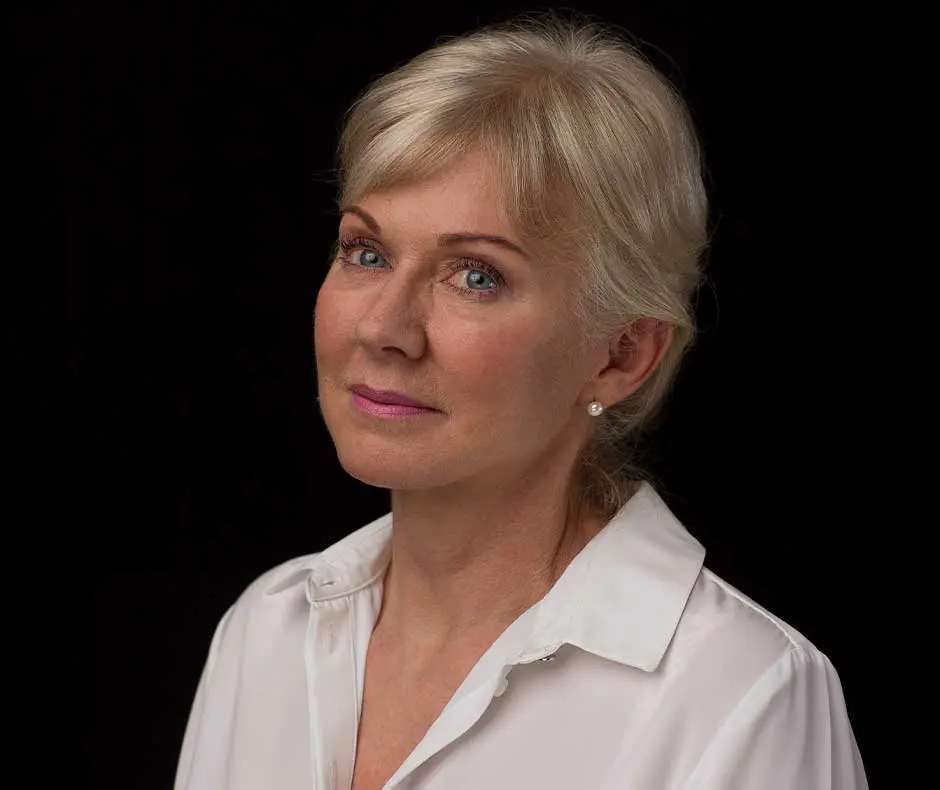
By refining techniques, protocols and preparation, and creating the right environment for minimal stress surgery, the traditional preoccupations with facelifting just don’t apply. Minimal pain, day case surgery with fast recovery. I have had patients host lunch 3 days after a facelift, a Zumba class on day 4 but the current winner is a lady who treated herself to a pedicure a couple of hours after settling into the Marylebone hotel and was back on her horse (literally) at day 7!
Not everyone recovers at this speed and there is no ‘normal’ pace. I always warn my patients that there may be a bit of an emotional rollercoaster in the first week. I am there for them throughout, it is a key part of my practice.
The onus on the facial plastic surgeon doesn’t finish with the surgery, I see my role as a partner in this very personal process my team are hand selected for their compassion, professionalism and sensitivity.
Elation and excitement might flirt with depression and guilt, before returning to happiness again. These peaks and troughs settle quickly and are an understandable emotional release having considered surgery often for many years before. For those patients who have undergone facial rejuvenation to recover the lost years from a life event or situation, the removal of emotional scars from the face may bring closure of that chapter and start of another.

How facelifting ultimately affects / affect / life / approach
When we look good we feel good. Think how you feel in a perfectly fitted suit or dress, a new hairstyle haircut, sun tan, with make up….
We feel invigorated. We wear colour, instead of moulding into the background we are in the foreground, people compliment us and say we look well. Take my lovely muse Helen, she sparkles 8 months following facial rejuvenation surgery, she wears colour and exudes happiness.
Invisible after 50
Beauty, vitality and attractiveness in our society are revered and rewarded. A new head of hair does not guarantee that a man will be the centre of attention at a party. Nevertheless, we know that the combination of better looks and a positive response from other people produces more personal confidence and effectiveness. A facelift itself can’t guarantee career success, an improved social life or a more stable marriage. It won’t solve our everyday problems; but it’s one part in a process of growth and change in reinvigorating our lives.
I have discussed among my girlfriends the ‘Invisible After 50’ phenomena. I think this is felt more by women who were considered quite attractive in their youth. We are all aware of the changes in the way we are treated over the years. Most mothers of daughters will remark on the shock of realisation that the admiring glance of a passing male is for their daughter not them!!
Anonymous Patient
References
1. Churches O, Nicholls M, Thiessen M, Kohler M & Keage H Emoticons in mind: An event-related potential study, Social Neuroscience 2014 9:2, (196-202)
2. Preamble to the Constitution of the World Health Organization as adopted by the International Health Conference, New York, 19-22 June, 1946; signed on 22 July 1946 by the representatives of 61 States (Official Records of the World Health Organization, no. 2, p. 100) and entered into force on 7 April 1948.
3. source: Cosmetic, toiletry and perfumery association
Thank you for reading this essay. I find this whole area fascinating; the psychological impact of natural and illness driven facial change is what guided me on my chosen career path within surgery. I am yet to experience the full stigmata of facial ageing, but having experienced and recovered from facial paralysis, I do have some personal insight. I hope this essay has provided food for thought, and ultimately if it changes the stereotype in the eyes of one patient, partner or colleague, then it has been well worth writing.
© Dominic Bray February 2014 This article is guide for my patients and colleagues, please do not copy, reproduce or publish without prior consent or referencing. Thank you.

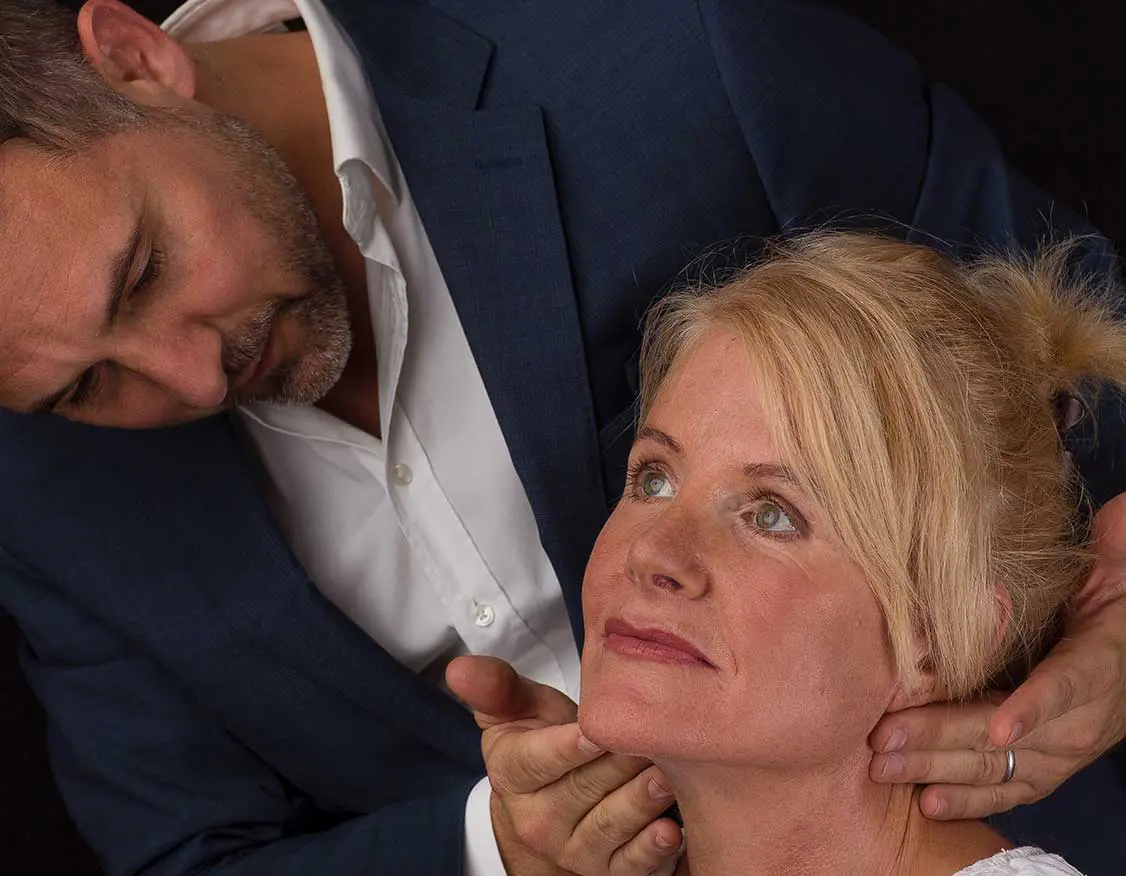
Considering
Facelift Surgery?
The definitive guide to anyone considering facelift and neck lift surgery at our London or Tunbridge Wells locations. Essential research for potential patients.
Read this first
